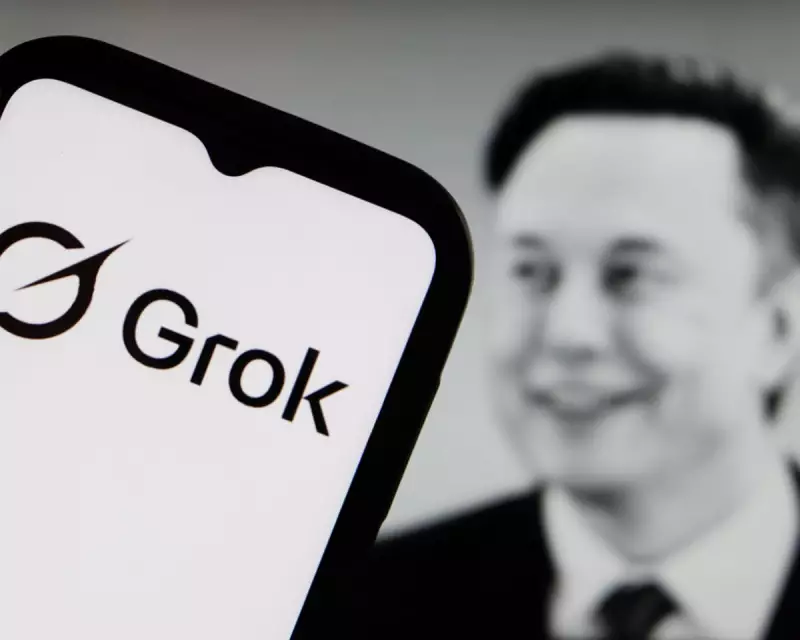
In a landmark move that could shape the future of artificial intelligence in education, prominent academic institutions have launched a rigorous assessment of Elon Musk's controversial AI-powered encyclopedia, Grokipedia. The evaluation comes amid growing concerns about the platform's accuracy and reliability as a source of public knowledge.
The Academic Verdict: Trustworthy or Troubling?
Leading researchers from top UK universities have initiated what they describe as the most comprehensive analysis yet of Grokipedia's content. The project aims to determine whether Musk's ambitious AI creation can truly serve as a credible alternative to traditional knowledge sources like Wikipedia.
"We're treating this with the same seriousness we would any major educational resource," explained Dr. Eleanor Vance, heading the research team from Cambridge University. "When a platform backed by someone of Musk's influence enters the knowledge space, we have a responsibility to ensure it meets basic standards of accuracy and objectivity."
Testing the AI Boundaries
The academic team is employing sophisticated methodology to evaluate Grokipedia across multiple dimensions:
- Factual accuracy across diverse subject areas
- Bias detection in political and scientific content
- Source transparency and citation quality
- Consistency in responses to complex queries
- Cultural sensitivity in global perspectives
The Musk Factor: Innovation Versus Reliability
Since its launch earlier this year, Grokipedia has positioned itself as a revolutionary alternative to conventional encyclopedias, leveraging cutting-edge AI technology. However, critics have raised alarms about potential biases and the platform's opaque content generation process.
"There's a fundamental tension here between innovation and reliability," noted Professor Michael Chen from Imperial College London. "While the technology is undoubtedly impressive, we need to understand whether speed and comprehensiveness are coming at the cost of accuracy."
Early Findings Raise Questions
Preliminary observations from the research team suggest mixed results. While Grokipedia demonstrates remarkable breadth in covering niche topics, researchers have identified concerning patterns in certain areas:
- Inconsistent handling of controversial scientific topics
- Variable quality in historical content accuracy
- Uneven citation of reliable sources across disciplines
- Potential commercial biases in technology-related entries
The Stakes for Public Knowledge
This evaluation carries significant implications for how artificial intelligence will shape public understanding in the digital age. With Grokipedia already attracting millions of users, the academic assessment could influence educational policies and public trust in AI-generated content.
"We're at a crossroads in how society accesses and trusts information," Dr. Vance emphasised. "Our findings will help educators, policymakers, and the public make informed decisions about integrating AI knowledge tools into learning and research."
The full academic report is expected to be released in early 2026, promising to provide the most detailed independent analysis of Grokipedia's capabilities and limitations to date.





